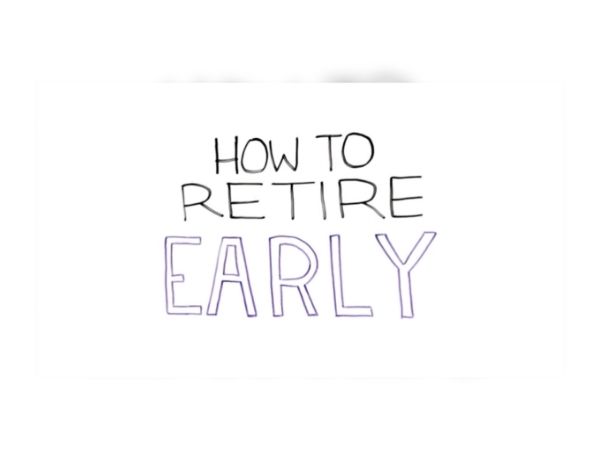Qualifying For Medicare Under Age 65
When you are under 65, you become eligible for Medicare if:
- You have received Social Security Disability Insurance (SSDI) checks for at least 24 months
- Or, you have been diagnosed with End-Stage Renal Disease (ESRD)
Eligibility for Medicare due to a disability
You may qualify for Medicare due to a disability if you have been receiving SSDI checks for more than 24 months, also known as the two-year waiting period. The two-year waiting period begins the first month you receive an SSDI check. You will be automatically enrolled in Medicare at the beginning of the 25th month that you receive an SSDI check.
If you receive SSDI because you have Amyotrophic Lateral Sclerosis, or ALS, Medicare automatically begins the first month that your SSDI benefits start. You do not have the two-year waiting period.
Social Security—not Medicare—makes the determination of whether you qualify for SSDI checks and administers the program that provides the checks. For more information on the Social Security Disability Insurance program, it is recommended that you contact your local Social Security Administration (SSA) office.
Note: Railroad workers should contact the Railroad Retirement Board for information about disability annuity and Medicare eligibility.
Eligibility for ESRD Medicare
You may qualify for ESRD Medicare if you have been diagnosed with kidney failure and you:
- Are getting dialysis treatments or have had a kidney transplant
- And:
- You are eligible to receive SSDI
- You are eligible to receive Railroad Retirement benefits
- Or, you, a spouse, or a parent have paid Medicare taxes for a sufficient amount of time as specified by the Social Security Administration
If you are under 65 and have ESRD, when your Medicare benefits begin depends on your specific circumstances, including when you apply for Medicare, whether you receive dialysis at home or at a facility, and whether you get a kidney transplant. If you are eligible for ESRD Medicare, you can enroll in Parts A and B together at any time. Part A will be retroactive up to 12 months, but it cannot start earlier than the first month you were eligible for ESRD Medicare.
Note: If you are a railroad worker with ESRD, you must contact Social Security—not the Railroad Retirement Board—to find out if you are eligible for Medicare.
Because Social Security and Medicare eligibility rules are complex, it is recommended that you call Social Security at 800-772-1213 to get the most accurate information regarding your particular situation.
© Medicare Rights Center. Used with permission.
The content is developed from sources believed to be providing accurate information. The information in this material is not intended as tax or legal advice. It may not be used for the purpose of avoiding any federal tax penalties. Please consult legal or tax professionals for specific information regarding your individual situation. This material was developed and produced by FMG Suite to provide information on a topic that may be of interest. FMG, LLC, is not affiliated with the named broker-dealer, state- or SEC-registered investment advisory firm. The opinions expressed and material provided are for general information, and should not be considered a solicitation for the purchase or sale of any security. Copyright FMG Suite.



